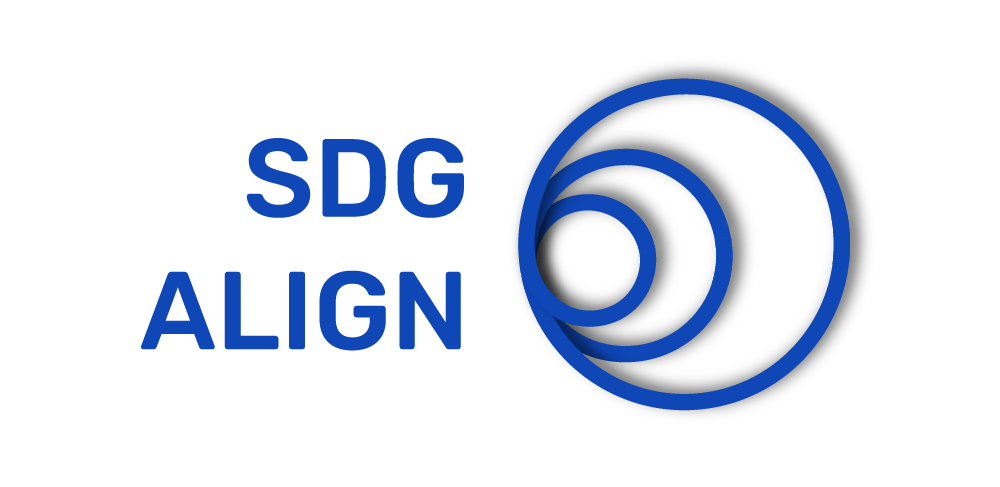For many in the built environment, the conversation around sustainability is limited to carbon and energy; it is assumed that sustainability equates solely with environmental concerns. However, the UN SDGs provide a far more complete framework of sustainability which includes environmental concerns but also equally highlights social and economic imperatives. We will be highlighting one of the 17 SDGs every week starting with SDG 1.
SDG 1: No Poverty
SDG 1 has 6 underlying targets. We are not going to discuss all of them. Just highlight two.

TARGET 1.1: ERADICATE EXTREME POVERTY
Globally over 1 billion people live live in extreme poverty, currently measured as people living on less than USD 1.25 a day which is 12,5% of the global population. By 2030 the target is to eliminate this for everybody, everywhere.

TARGET 1.5: BUILD RESILIENCE TO ENVIRONMENTAL, ECONOMIC AND SOCIAL DISASTERS
The second one we’re going to highlight has a direct relation to the effects of extreme weather conditions Australia and many other countries in the world are experiencing. By 2030, build the resilience of the poor and those in vulnerable situations and reduce their exposure and vulnerability to climate-related extreme events and other economic, social and environmental shocks and disasters.
Links with other SDGs
Having an impact on poverty in Australia can be enhanced by considering your actions and impacts in other areas.
SDG 2: Zero hunger: Poverty is directly related to food insecurity.
SDG 3: Good health and well-being: Poverty shows to be a damage to health and well-being.
SDG 8: Decent work and economic growth: Full employment and decent work relates to poverty.
SDG 10: Reduced inequalities: Income inequalities are related to people living in poverty.
Poverty in Australia
A recent Bankwest Curtin Economics Centre (BCEC) report shows that just under three million Australians are assessed to live under the poverty line of half median income which is 11.8 percent of the population, including nearly 750,000 children.
According to the BCEC persistent poverty is shown to be damaging to health and wellbeing (SDG 3). People in poverty for at least five of the last ten years are three times more likely to suffer acute mental stress compared to people who have never experienced poverty.
What can you do?
As an individual you can make a huge difference. Here are some suggestions:
- Find a Goal 1 charity you want to support. Any donation, big or small, can make a difference!
- Donate what you don’t use. Local charities will give your gently used clothes, books and furniture a new life.
- Support campaigns collecting items for victims of emergencies. Donate your clothes, food supplies etc. to support those in need.
- Volunteer at your local neighbourhood house!
What can your business do?
As a business owner you have the opportunity to proactively take action and inspire your team to support you. SDG Compass has a list of business tips that you might consider:
- Develop products and services tailored for poor customers (e.g. mobile based money transfer services for unbanked consumers).
- Improve access to basic goods and services for people living in poverty (e.g. through core business, policy dialogue, social investment).
- Recruit, train and employ local community members, including those living in poverty, and integrate them in your value chain (as producers, suppliers, distributors, vendors).
- Invest in business-driven poverty eradication activities (e.g. develop living wage policy).
- Partner with civil society networks to provide education and entrepreneurial skills training.
What does sustainable development mean to you?
Do you want to know how your business can make an impact towards a sustainable future and help work towards the end of poverty in Australia?
Our will help you understand how you can be the change you want to see.









